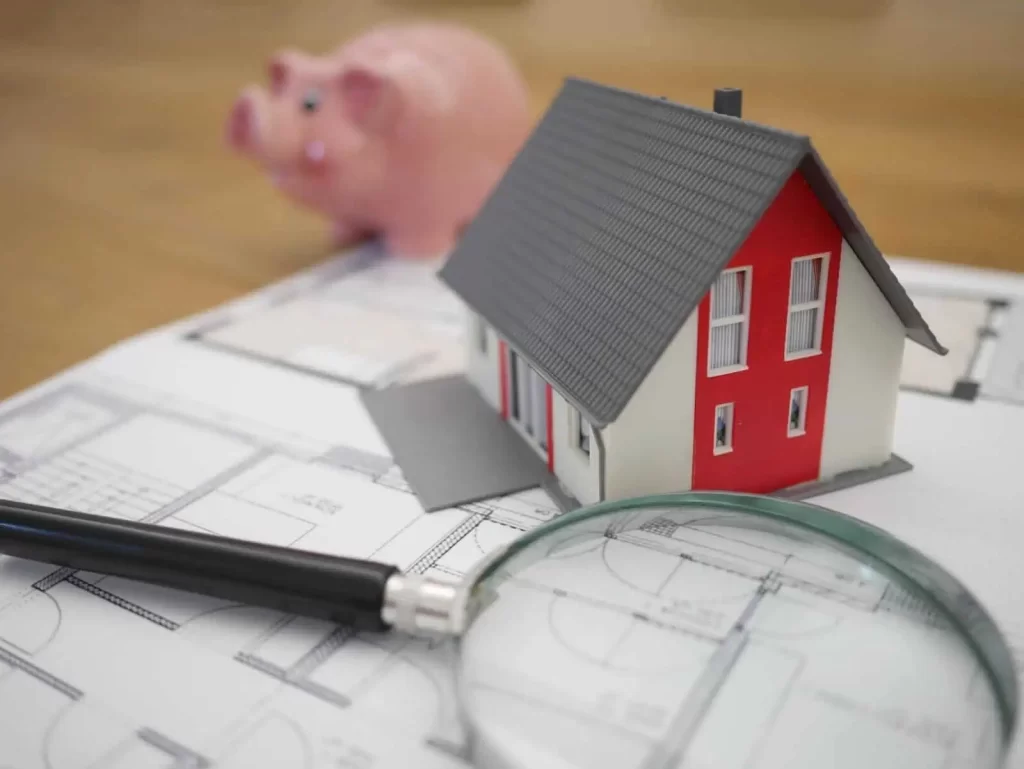Buying a new home before selling your current one can feel like walking a financial tightrope. Homeowners often focus on the excitement of upgrading or relocating and overlook a key step that can make or break the transition: getting a professional appraisal on their existing property. While many concentrate on securing financing for the new home or prepping their current one for the market, they fail to consider how much equity they actually have—and how critical it is to quantify that early in the process. This is where a home appraisal becomes essential, serving as a hidden yet powerful step in a successful buy-before-you-sell strategy.
Why Timing Matters When You’re Buying Before Selling
The process of buying a new home while still owning your current one creates a unique overlap that demands precision. Homeowners must juggle two major transactions, each with financial and emotional implications. If you purchase too soon, you may be burdened with two mortgages. If you sell too soon, you might be left scrambling for a temporary place to stay. The ideal scenario is to align both timelines seamlessly, and that starts with knowing the current value of your home. By obtaining an early home appraisal, you get a clear understanding of your home’s market position. That information can be leveraged not only for pricing when you list your house, but also when applying for a bridge loan, home equity line of credit, or another financing solution to make your next move possible.
Understanding What a Home Appraisal Really Tells You
A home appraisal is an unbiased, third-party assessment of your home’s value, typically conducted by a licensed professional. Appraisers consider factors like your home’s location, condition, square footage, recent upgrades, and how it compares to similar homes sold in the area. While some homeowners mistakenly rely on online estimates, these tools rarely capture local nuances. An in-person appraisal can give you a realistic view of what buyers would likely be willing to pay. When you’re trying to buy before you sell, this number becomes your north star—it tells you how much equity you can safely expect to unlock from your existing home, which helps shape your purchasing power.
Equity Unlocking: The Real Power of Knowing Your Home’s Value
Equity is often your greatest financial asset as a homeowner. It’s the difference between what your home is worth and what you still owe on your mortgage. Knowing this figure isn’t just about pricing your home for sale—it’s about unlocking funds for the down payment on your next property. For example, if your home appraises for $600,000 and you owe $350,000, you have $250,000 in potential equity. If your lender allows you to access a portion of that via a bridge loan, you might be able to place a strong, non-contingent offer on a new property—something that gives you a major advantage in today’s competitive real estate market. The earlier you determine your home’s true value through an appraisal, the faster you can map out your financing strategy with confidence.
Why Lenders and Buyers Care About Appraisals Too
A professional home appraisal doesn’t just serve you; it matters to your lender and can impact how buyers perceive your listing. Lenders offering bridge loans or buy-before-you-sell financing often require an appraisal to calculate how much of your equity can be loaned against. Without one, the numbers are speculative—and many lenders won’t proceed. On the buyer side, when it comes time to list your current home, having a recent appraisal can support your asking price, especially if the market is volatile or inventory is high. It adds transparency to your pricing strategy and can prevent low-ball offers. It also shortens negotiations, since both parties are working from the same baseline valuation.
Avoiding Surprises During the Sale Process
Homeowners often overestimate the value of their property, especially if they’ve recently renovated or followed local market trends casually. A surprise during a buyer’s appraisal later in the sale process can derail a deal or force you to drop your price. If you’ve already bought another home, that can be disastrous. Getting a home appraisal first allows you to adjust expectations early—before you’re committed to another mortgage or mid-move. It also positions you to fix appraisal red flags such as outdated HVAC systems, roofing issues, or code violations before they become deal-breakers. This kind of preparation can make your home sale smoother and faster once it hits the market.
Conclusion
In the fast-paced world of real estate, skipping steps often leads to unnecessary stress or financial strain. When buying before selling, one of the most powerful yet underutilized tools is the home appraisal. It’s not just a formality—it’s a financial reality check that informs every other decision you’ll make, from financing to listing strategy to timing. Whether you plan to use a buy before you sell a house program or go the traditional route, understanding your home’s market value upfront gives you control in a complex process. Don’t treat the appraisal as a checkbox on a to-do list. Instead, see it as a foundational move that can set you up for a smooth, successful transition into your next home.

